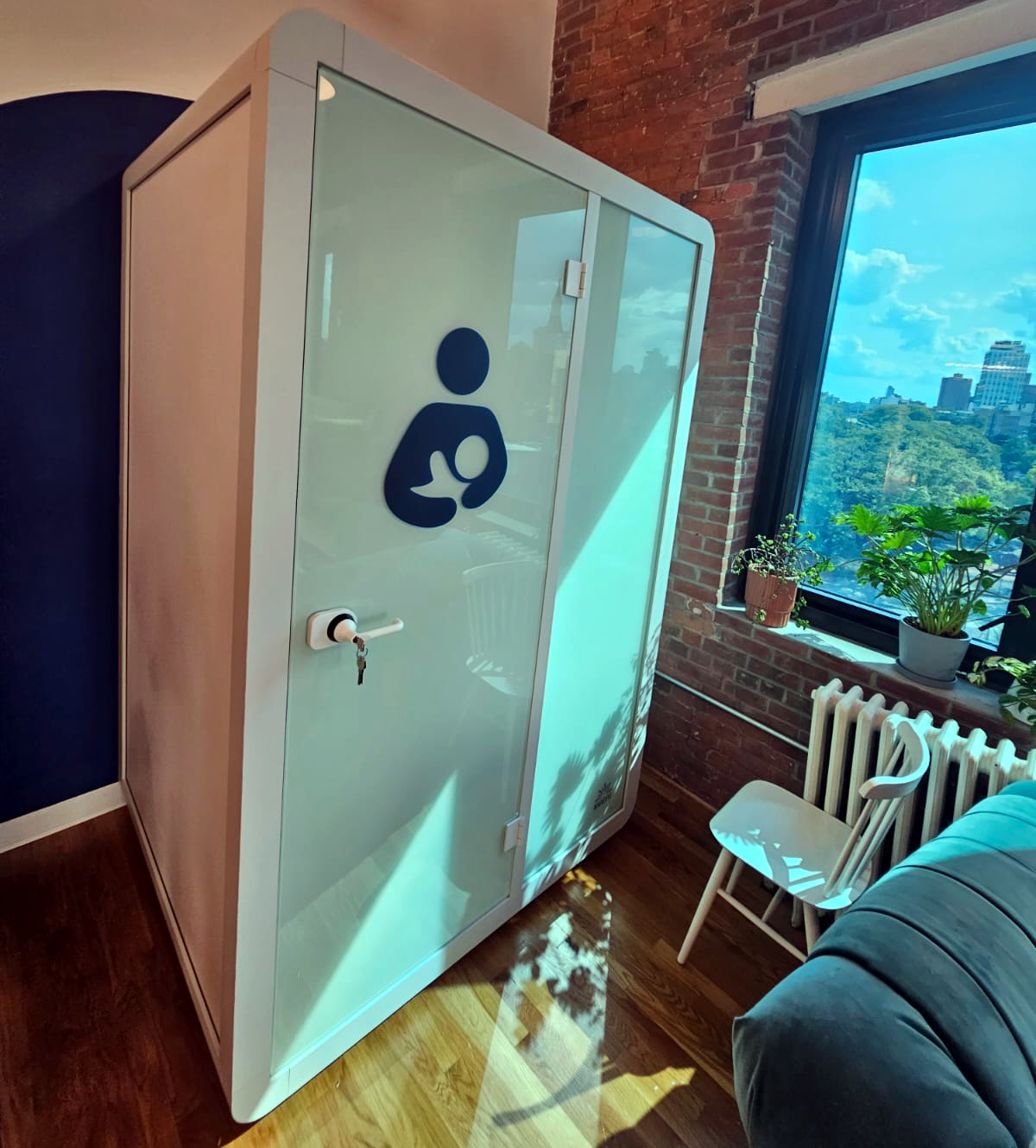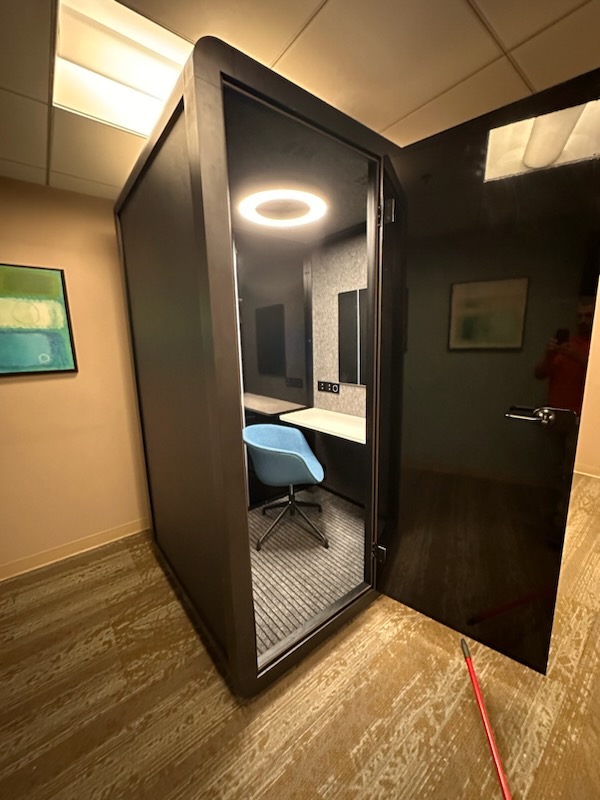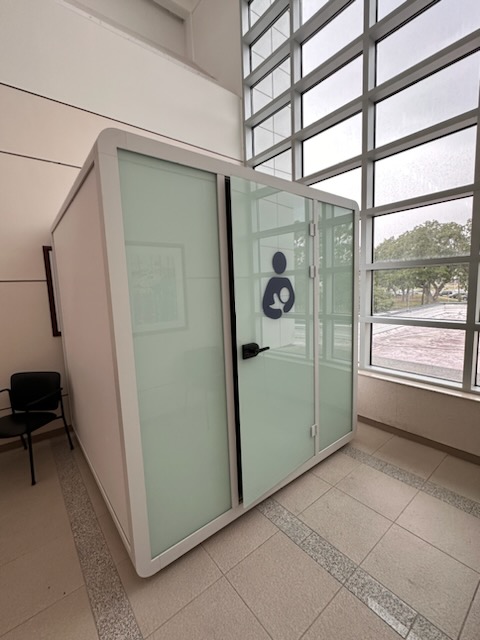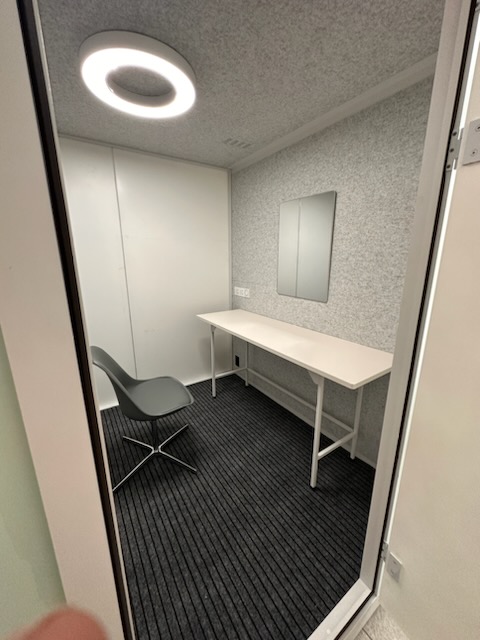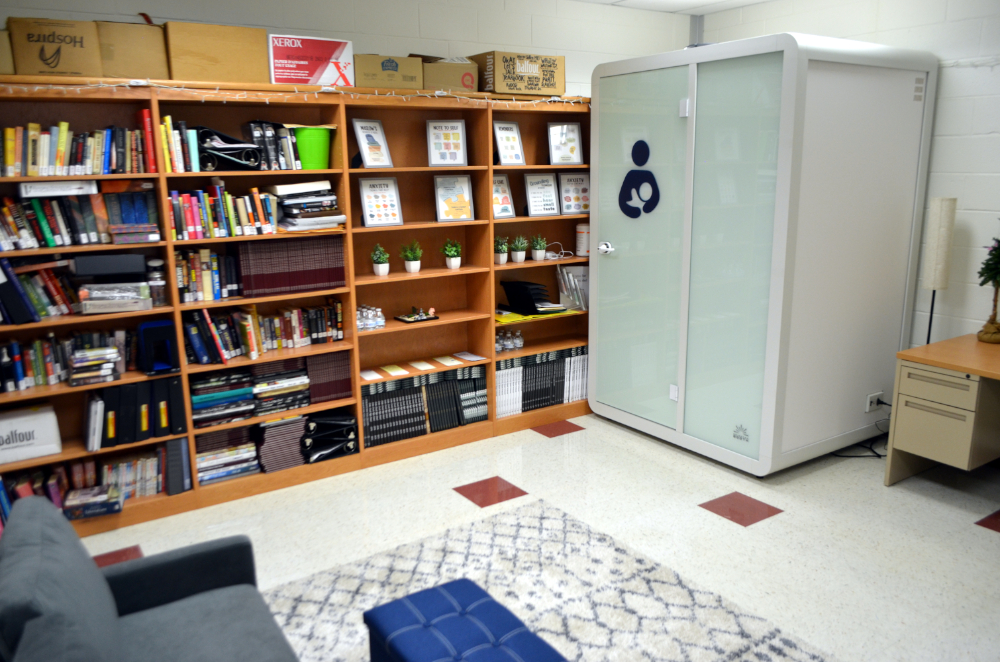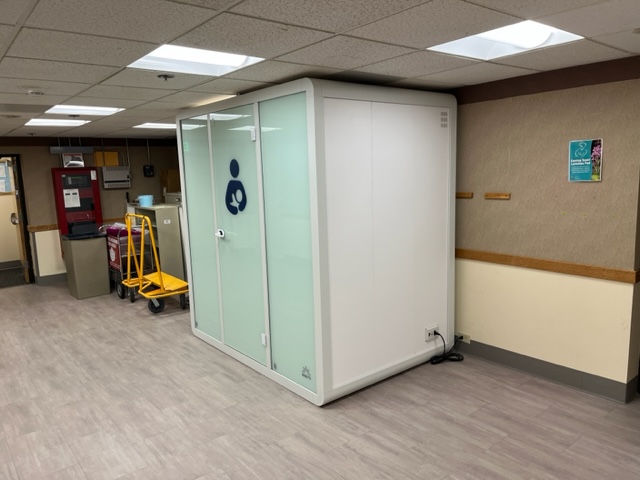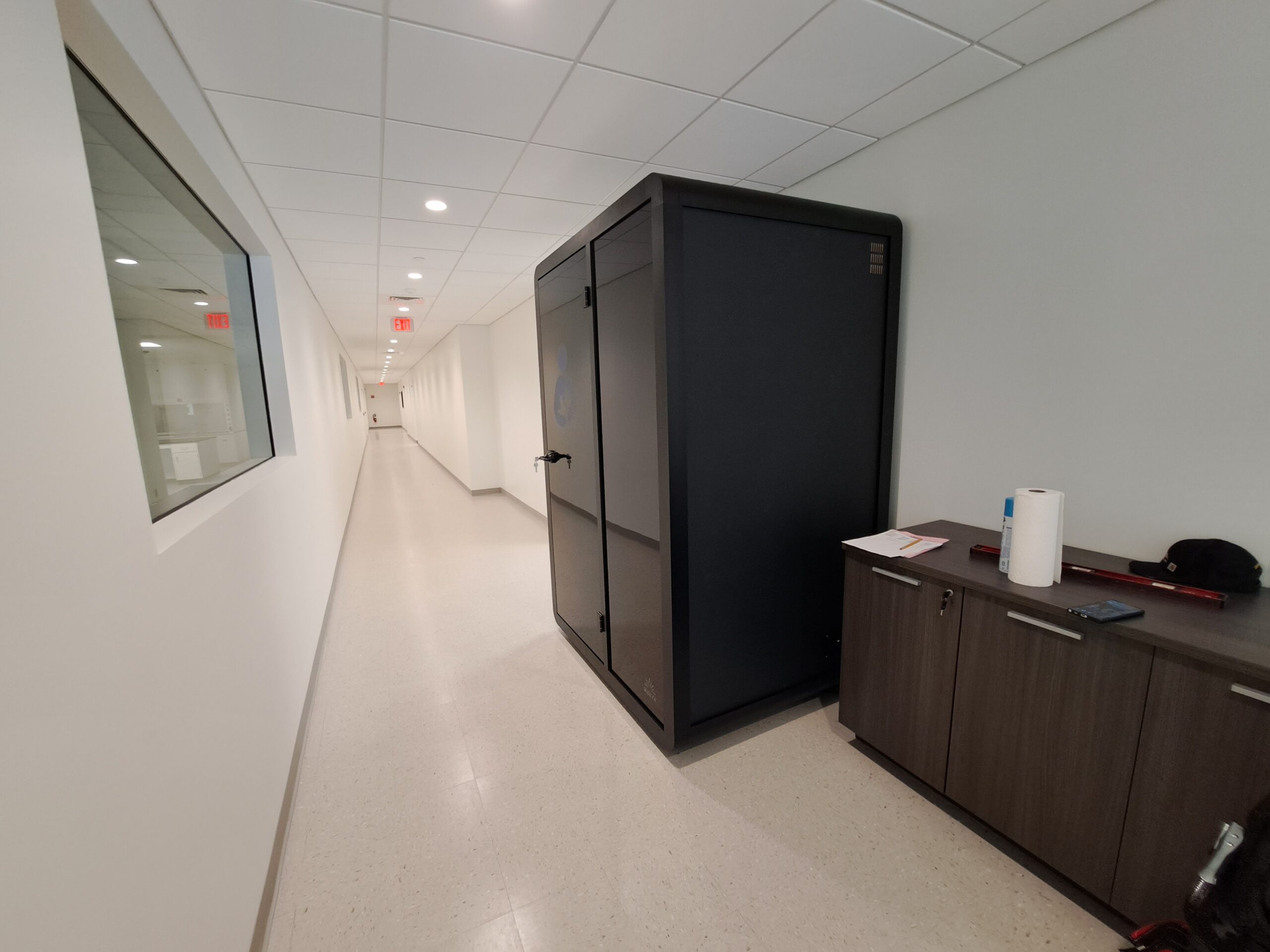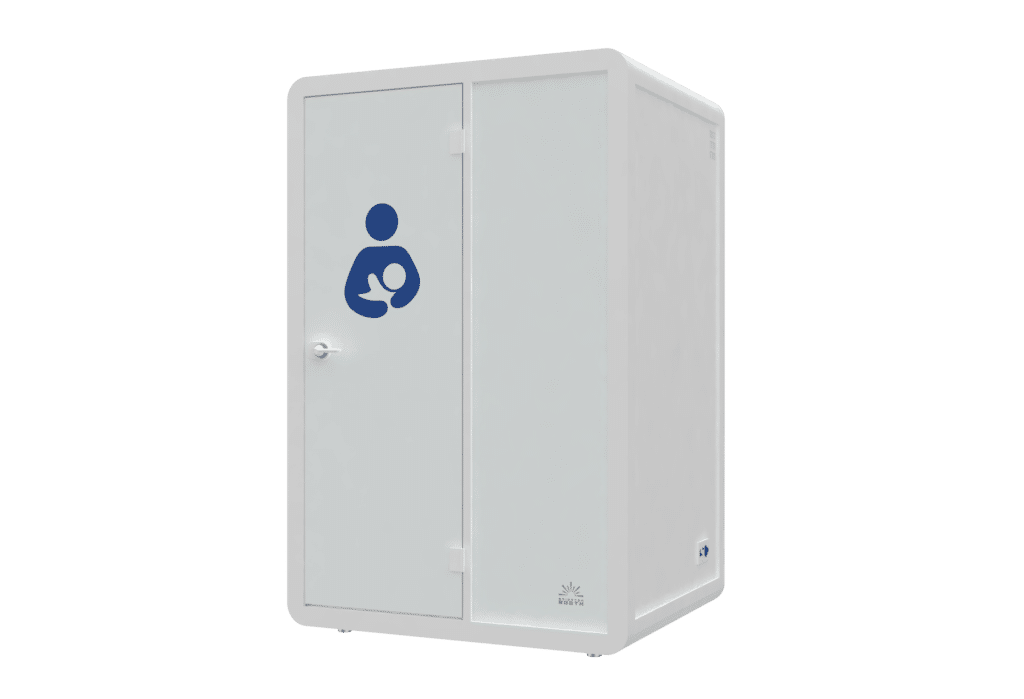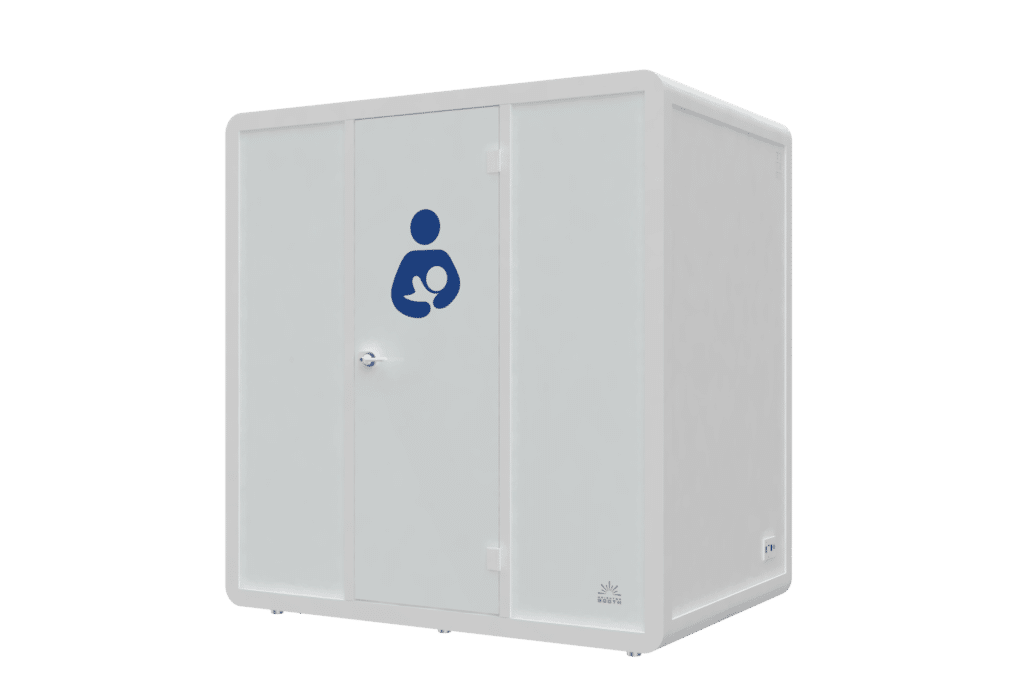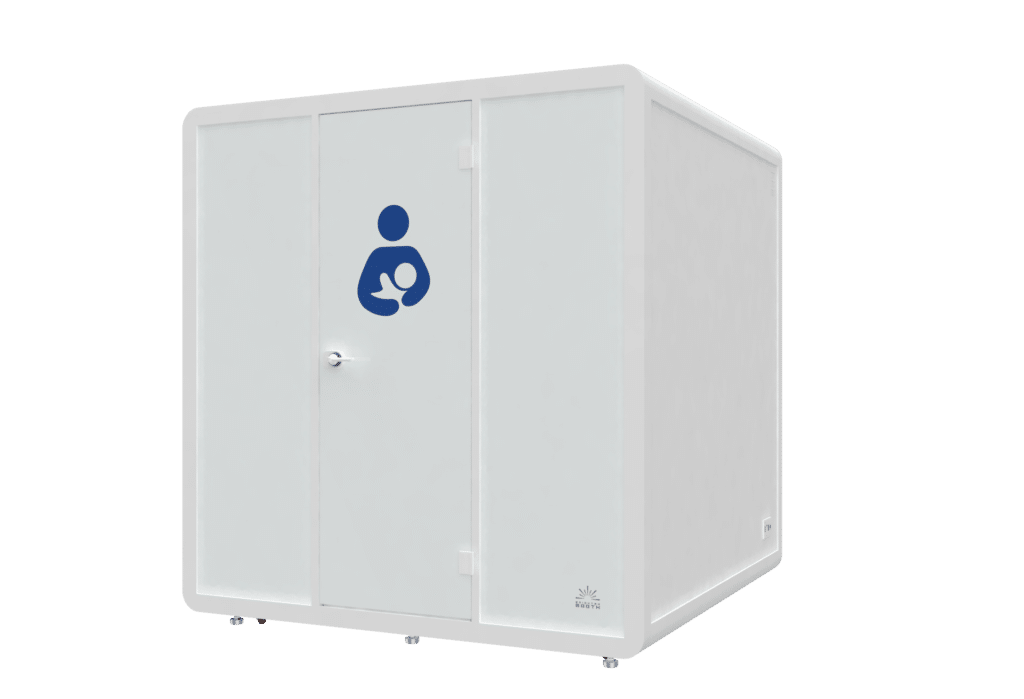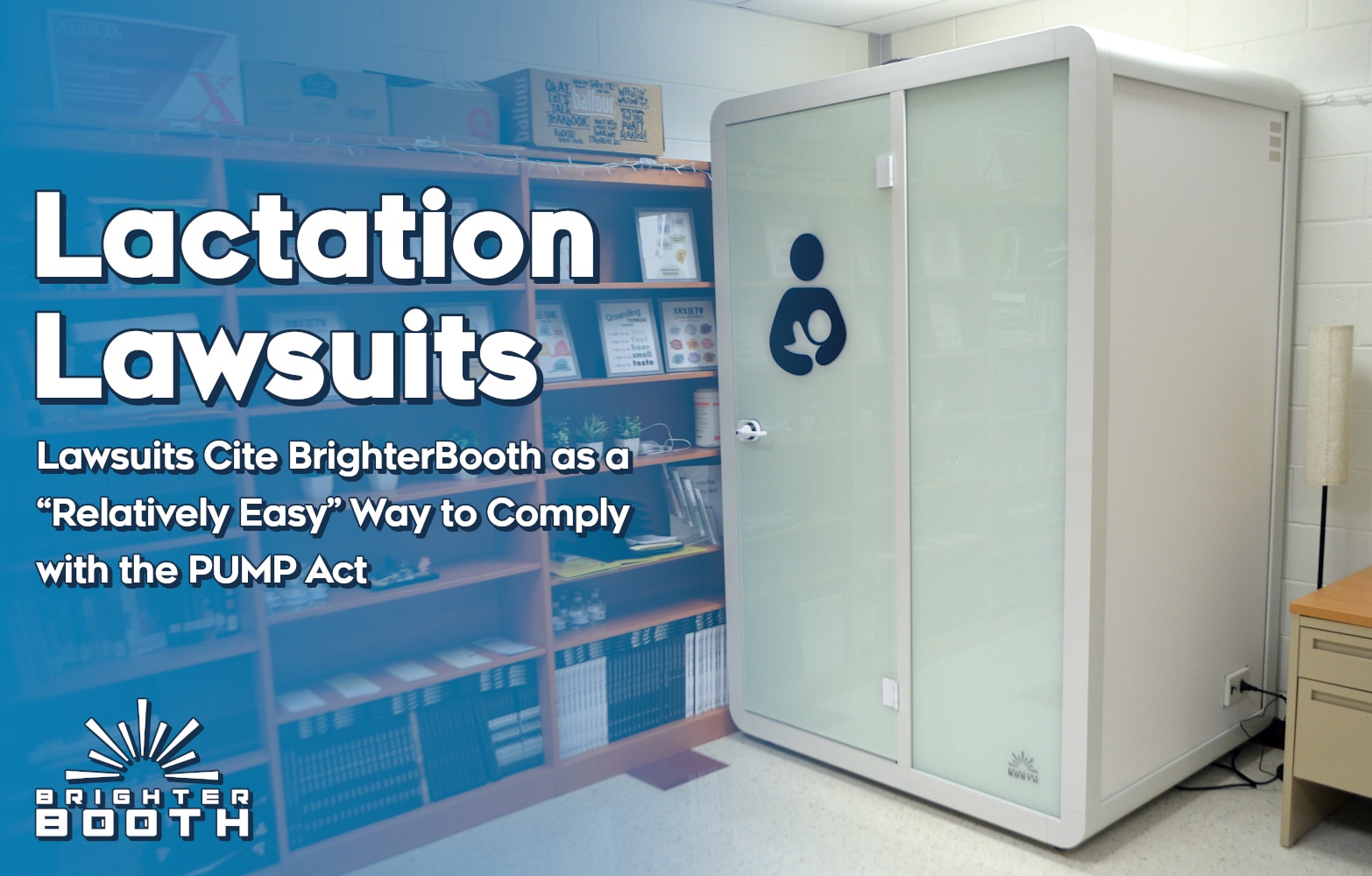
Lactation Lawsuits Cite BrighterBooth a “Relatively Easy” Way to Comply with PUMP Act
As lawsuits pile up against companies like McDonald’s, Advance Auto Parts, and Dollar General stating employers aren’t providing sufficient break time or accommodations to pump breastmilk, Brighter Booth is consistently listed as a “relatively easy” way to comply with the Pump Act.
“It would be ‘relatively easy’ for McDonald’s to satisfy its obligations under the PUMP Act. According to the case, the restaurant chain could provide portable lactation pods like those sold by Brighter Booth which are affordable, simple and widely available.“
Read the full lawsuit description below from ClassAction.org, but the same “relatively easy” language seems to appear in all similar lactation lawsuits:
Two McDonald’s employees claim in a proposed collective action lawsuit that the fast food chain denied them adequate break times and accommodations to pump breastmilk during shifts.
The 47-page lawsuit alleges McDonald’s and two restaurant franchisees have violated the federal Providing Urgent Maternal Protections for Nursing Mothers Act (PUMP Act), which was enacted to extend the protections afforded to lactating employees under the Fair Labor Standards Act.
Per the suit, the PUMP Act stipulates that employers must give a worker a “reasonable break time” each time she needs to pump and a secure space in which to do so that is “shielded from view” and, critically, not a bathroom.
However, despite its obligations under federal law, McDonald’s has “systematically” failed to provide employees who are nursing sufficient breaks and functional, private spaces in which to express breastmilk at work, the case contends.
“Instead, employees are forced to pump breast milk in unsanitary stock rooms, offices open to the rest of the staff, bathrooms, or their private vehicles,” the complaint shares. “[The defendants’] failure to provide sufficient lactation accommodation is a systemic issue that has impacted employees at locations throughout the country.”
Providing supportive accommodations for nursing mothers is “critical” in the workplace, the filing asserts.
“Not having a secure space for nursing mothers can increase anxiety and feelings of being overwhelmed, which can have a negative impact on the mother’s mental, physical, and emotional health,” the lawsuit shares. “Nursing mothers who do not have adequate workplace support are at an increased risk of early weaning, illness, and job loss.”
What’s more, the suit points out that it would be “relatively easy” for McDonald’s to satisfy its obligations under the PUMP Act. According to the case, the restaurant chain could provide portable lactation pods like those sold by companies such as Mamava, Brighter Booth and DayOne Baby, which are affordable, simple and widely available. Simpler still, McDonald’s could give workers access to clean offices with secure, lockable doors, the complaint says.
One plaintiff, a former employee at a McDonald’s location in Haysville, Kansas, says she began work in January 2023 after giving birth to her child the previous September. Although the woman was told by her general manager that pumping at work “would not be a problem,” she had to go without adequate break times or a private space in which to pump during shifts, the filing claims.
“[The plaintiff] was forced to pump in the corner of the stock room to avoid the sight lines of the security cameras or, when she worked with male employees, in the bathroom,” the lawsuit states. “[The woman] also rarely had sufficient break times to pump, and for roughly half her shifts had no break at all to pump.”
The plaintiff claims she was eventually forced to quit in large part because of the lack of lactation accommodations.
The lawsuit looks to represent any current or former non-exempt McDonald’s employees who, since December 29, 2022, have not been provided with pump breaks “as needed” or a sanitary “functional space”—i.e., one that is shielded from view, free from intrusion, available when needed and not a bathroom—in the year following the birth of their child.


